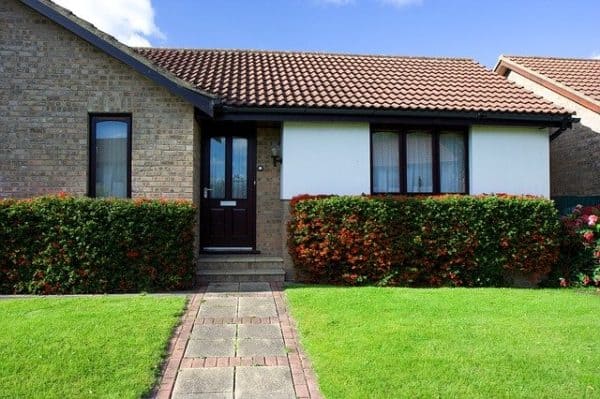Is selling my parents’ house to pay for care a good idea?
Any major decision concerned with paying for care should only be done after talking to an independent financial adviser who specialises in financing later-life care. SOLLA – the Society of Later Life Advisers – is a not-for-profit organisation that can help people find trusted, accredited financial advisers who understand financial needs in later life. There are also other qualified independent financial advisors available.
It’s also worth considering that if you sell your parents’ home then you are eliminating the option of live-in care for them, which has been shown to result in better mental and physical health in older people. See our latest Better at Home Report to find out why this is a life-enhancing form of care.
Can I sell my home or gift it to my children to avoid care fees?
You can sell your home but there are stringent rules about claiming money to pay for your care. In most cases, if you gift or sell your home then apply for help with care fees, there needs to be a gap of 8 years between selling your property and the funding of your care.
Aside from this, it will limit your care choices and live-in care in your own home where the surroundings are familiar and life can continue as normally as possible, will no longer be an option for you. Gifting your home to relatives will also incur other charges and fees, including tax. As with any decision around paying for later-life care, it is important to consult with an independent financial adviser.


